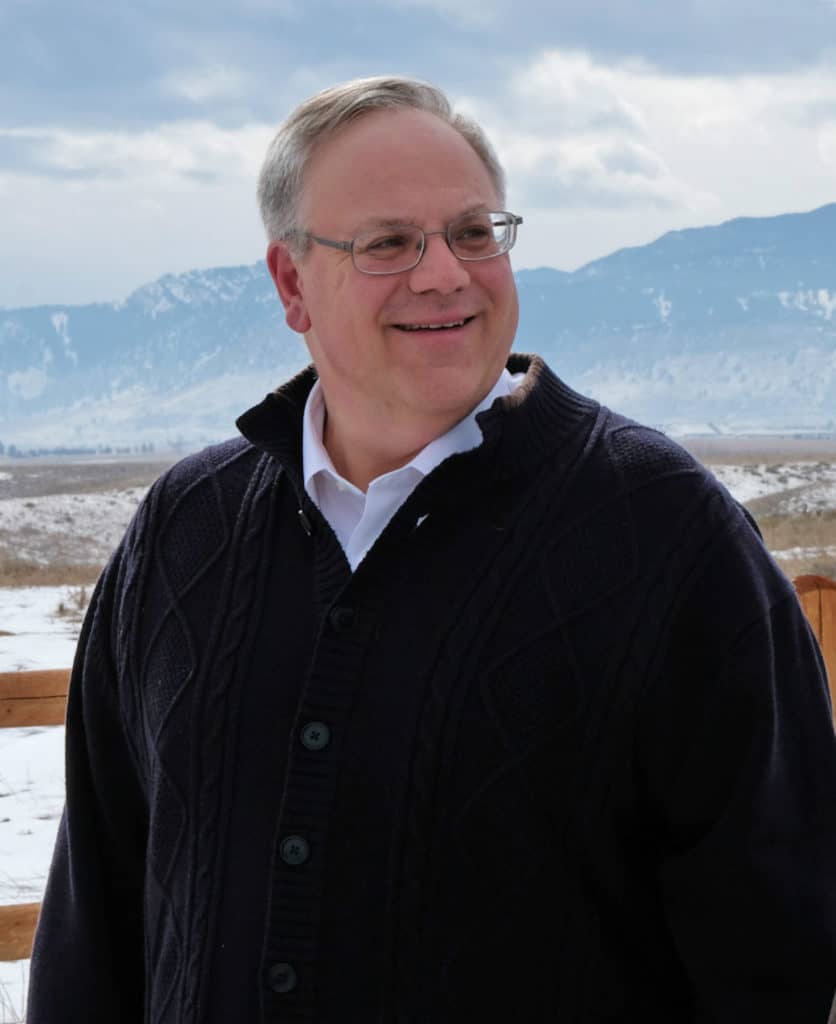We’ve been talking about what we might call “spats” or long-term mutual bad feelings, most notably between (some) elected officials in Utah and others (SUWA? OIA?). But as I’ve said, mostly states and feds spend their time working together successfully (not without varying levels of tension and personality conflicts.) Why does this work? I guess I’d have to say relationships (here we go, all touchy-feely again), and those are based on trust. It’s funny that if you read something like the Center for Western Priorities (funded by folks that are not of our world) you could read something bad about David Bernhardt, at least daily.
But if you talk to folks who have worked with him (those unsung heroes that work through the tedious deal-making of the day to day, year to year, decade to decade) you might hear some things like “he never promises more than he can deliver” or “he has worked hard and made concessions to get more environmentally-oriented people to agree.”
Joey Bunch points out in an op-ed here why a Coloradan makes sense to lead Interior. He doesn’t have to believe “the drumbeat of news releases” as he terms them.. he can just talk to people he knows.
The Department of the Interior, for sure, oversees our national treasures, but it’s also a big business.
The department says its work spurred more than $296 billion in economic output and 1.8 million jobs in 2015 from energy development on federal lands and waters, grazing fees, timber sales and recreation.
That was under the Obama administration, mind you. I don’t recall Colorado environmental groups issuing a drumbeat of news releases to oust Interior Secretary Sally Jewell, the CEO of the REI sporting goods chain who hailed from Washington state
Bunch detects partisan fingerprints in Senator Bennet’s shifting support of his fellow Coloradan.
Bennet voted to confirm Bernhardt as deputy Interior secretary under Ryan Zinke just two years ago, but now he doesn’t see him as fit for the top job. Democrats are in the midst of assigning purity tests for potential presidential nominees, and Bennet couldn’t afford to flunk this one.
When Bennet was for Bernhardt before he was against him, he must have been under some delusion as to what President Donald Trump’s policies would entail. He must have skipped reading Bernhardt’s bio.
I’m pretty sure the only place I read about TRCP supporting his nomination was in an article in the Colorado press. Here’s something from their website:
The Theodore Roosevelt Conservation Partnership has worked closely with Mr. Bernhardt in his roles as Deputy Secretary and Acting Secretary, and we have found him to be accessible, fair, and true to his word. He has been a steady hand during challenging times at the Department and he has worked to strengthen relationships with the states and the nation’s sportsmen and women.
Mr. Bernhardt’s nomination to be Secretary of the Interior places him in an unenviable position to balance the priorities of the Trump Administration with the mission of the Department. We have often disagreed on policies, such as the pace and siting of energy development and the failure of the department to require developers to mitigate the damage they do to the lands that belong to all Americans. At the same time we have worked productively with Mr. Bernhardt to expand recreational access to public lands and protect big game migration corridors.
We believe Mr. Bernhardt cares about the Department, and in his work with the TRCP, Mr. Bernhardt has conveyed his commitment to advance the Department’s mission and support its role as steward for the public lands and natural resources that help make America unique.
From the folks I’ve spoken with, he seems about as good as you could get under a Trump administration- knowledgeable, fair and true to his word. Reasonable people have to wonder whether much of the outrage is more about R’s running things in general, than about this particular individual. Of course, in fairness, it should be noted that some environmental groups said bad things about Salazar as well. Take this press release about Ken Salazar in 2008 by the Center for Biological Diversity. Maybe Coloradan aren’t ideologues on either side? And that would be a good thing.

More evidence of tribalism – you are not from my tribe, therefore you are opposite of what I stand for.
Until we citizens start appreciating that good ideas and work is non-partisan (yes, this is idealistic), we will continue bashing an appointee based on their party affiliation (okay, maybe some of their actions also).
“(funded by folks that are not of our world)”
What do you mean by this? Whose world is “our” world? Who decides who is part of that world?
Are you saying (without saying) you find CWP less than credible due to its funders? Do you feel other advocacy groups have more credibility because of (or in spite of) their funders?
Despite the fact that, according to the USGS, fossil fuel production on U.S. public lands and waters account for nearly 25% of ALL greenhouse gas emissions in the U.S…..
Climate impacts will not be a key factor in decisions on oil and gas drilling on public lands, according to Interior Secretary David Bernhardt.
See: https://wapo.st/30ajEOg